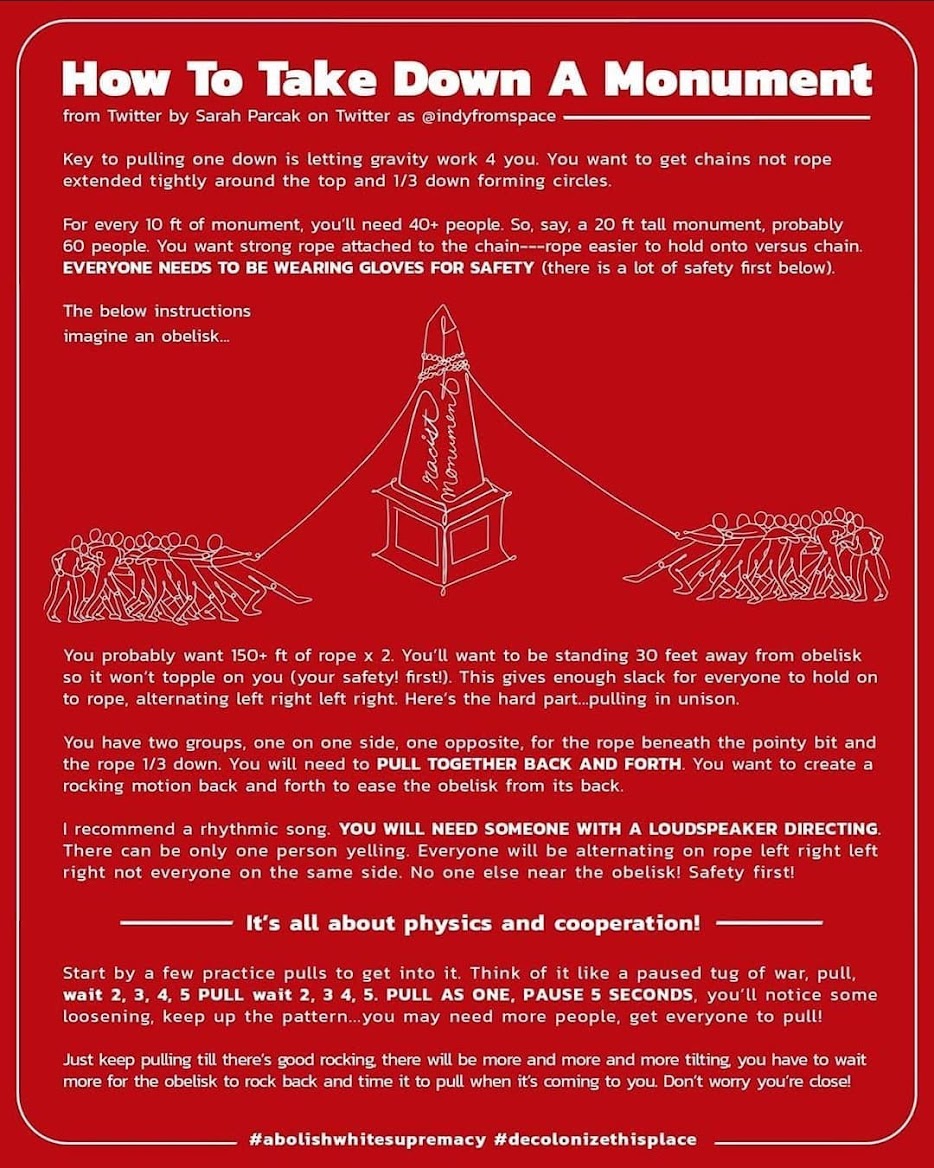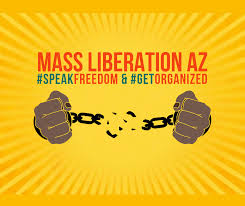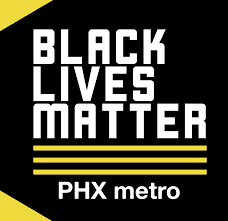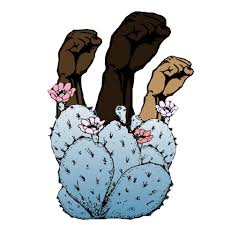 Should ex-cons be allowed to vote?
Should ex-cons be allowed to vote?
Guest opinion
It's almost quaint, like a line from an old prison movie. But you still sometimes hear people say that criminals are locked up or otherwise punished to "pay their debt to society." Sounds eminently reasonable: Retribution, after all, is a commonly accepted objective of criminal sanctions. But it turns out that millions of Americans go on paying for years even after leaving prison, jail, probation or parole. And, in a sense, the rest of us do too.That's because an estimated 5.85 million Americans are forbidden to vote because of "felon disenfranchisement," or laws restricting voting rights for those convicted of felony-level crimes. In other words, about 2.5 percent of the total U.S. voting age population – 1 of every 40 adults – is disenfranchised due to a current or previous felony conviction. These estimates, based on 2010 national figures, were published last month by The Sentencing Project, a national non-profit group.
The numbers of disenfranchised felons have increased sharply in recent decades along with the share of the population under jurisdiction of the criminal justice system, the report adds, rising from an estimated 1.17 million people in 1976 to 3.34 million in 1996 to more than 5.85 million in 2010. The rates of disenfranchisement vary from state to state. At one end of the spectrum are Maine and Vermont, which even let prison inmates vote. At the other end are six states – Alabama, Florida, Kentucky, Mississippi, Tennessee, and Virginia – where more than 7 percent of the adult population is disenfranchised.
Arizona is not among the leaders in this area. It disenfranchised just more than 4 percent of its voting age population in 2010, the report estimates, or about 95,893 ex-felons (Besides not voting, these individuals cannot hold public office, serve on a jury or possess a firearm.). The overall national disenfranchisement rate was 2.5 percent. Arizona automatically restores the civil rights of first-time felony offenders following the end of their prison or probation term. Repeat offenders, however, must wait two years following the end of their punishment term, then appeal for restoration of rights to the judge who sentenced them. Other states have a variety of processes for disenfranchised felons and former felons to restore their right to vote.
Why should we care? For one thing, battles over voting restrictions are much in the headlines in this election cycle. For another, disenfranchised felons — like felons in general — come disproportionately from lower-class and minority populations. For example, the report states that 1 of every 13 African Americans of voting age is disenfranchised, a rate more than four times greater than non-African Americans. It's reasonable to question what impact such levels of exclusion have on election outcomes. Theoretically, at least, we're all supposed to support the most open and inclusive democratic process possible.
It's also worth asking why all felons don't have their rights automatically restored after they "pay their debt to society." What is the point of making them jump through a set of bureaucratic hoops that likely baffles or discourages many of them as it would us? One likely result is to keep many ex-felons from retaking their places as citizens with a say in how our country is run. Wait — that would be tantamount to intentionally suppressing voting power in a sector of society comprised largely of lower-income and/or minority group individuals. What a silly notion.
Morrison Institute for Public Policy
is a leader in examining critical Arizona and regional issues, and is a
catalyst for public dialogue. An Arizona State University resource,
Morrison Institute uses nonpartisan research and communication outreach
to help improve the state's quality of life.
Bill Hart is a senior policy analyst at Morrison Institute for Public Policy.








